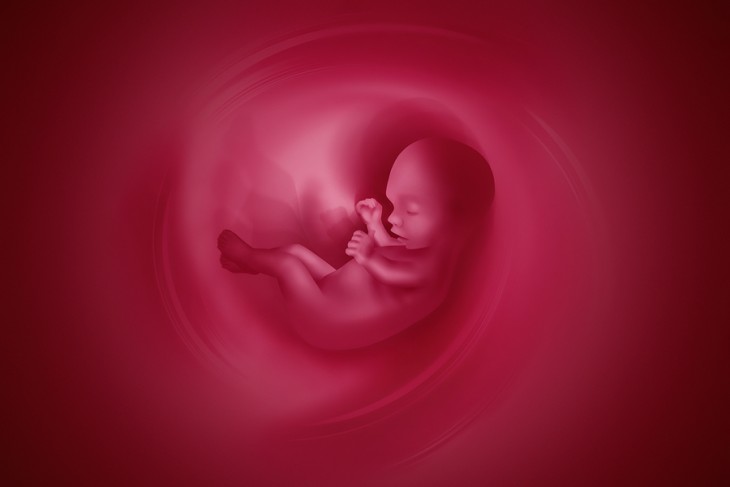Fr. Howard is Director of the American Bioethics Advisory Commission
The presence of an ectopic pregnancy may result from a tubal disorder or cause the fallopian tube to be pathological. In all cases, all actions must be analyzed according to intention, means, and end. If any of these three are immoral, the act itself is immoral.
Using the Thomistic Principle of Totality (removal of a pathological part to preserve the life of the person) and the Doctrine of Double Effect, the only moral action in an ectopic pregnancy where a woman’s life is directly threatened is the removal of the tube containing the human embryo. The death of the human embryo is unintended although foreseen. Put another way, if there were a way to save both lives, which, of course, are of equal value, one would be obliged morally to do so. At this time, this is not possible.
It is acknowledged that it has become commonplace even in Catholic hospitals to open the tube and “suction out the human embryo” or administer methotrexate either via mouth or laparoscopy. Both of these procedures directly attack an innocent human life and are intrinsically immoral and never can be justified. In fact, they violate the Fifth Commandment, which under all circumstances prohibits a direct attack on innocent human life. There are absolutely no exceptions to the 5th Commandment as described.
While removing the tube containing the human embryo results in the death of a human being as does suctioning out the human embryo or administration of methotrexate, one cannot ethically conclude that all the actions have the same intended end result. The reason for this is that the “means” used to accomplish the “end” are not the same.
Refusal to make this distinction results in a Machiavellian approach employing any “means” to the “end” including the direct assault on the human being intended to result in his death. While it is acknowledged that removal of the tube containing the human embryo may result in sterility, it is not morally justified to directly attack human life by suctioning out the human embryo or administering methotrexate even though fertility is preserved.
One should note that removal of the fallopian tube containing the human embryo does not result in impaired fertility, if the remaining fallopian tube is intact.


